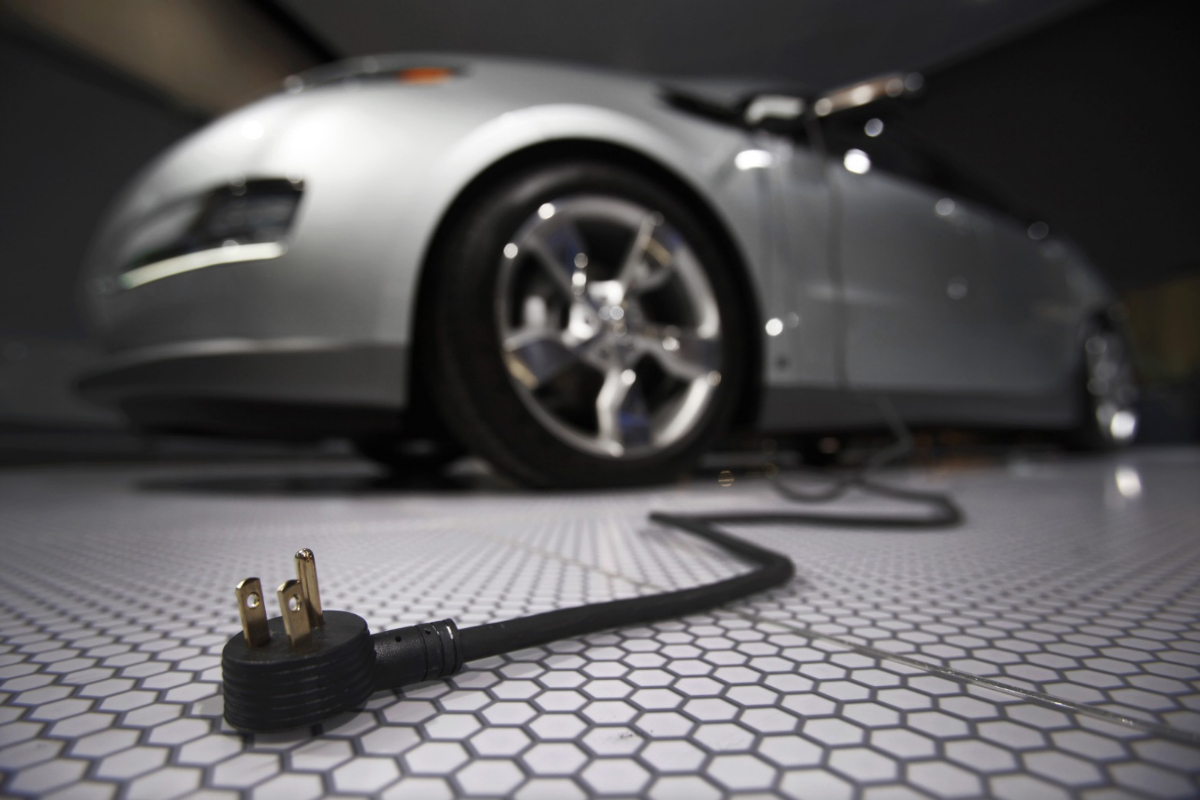In recent years, the global automotive industry has witnessed a surge in electric vehicle (EV) adoption, with countries around the world embracing the green revolution. However, Pakistan finds itself trailing behind in this race for sustainable transportation, facing unique challenges that threaten the viability of electric vehicles in the country.
A recent incident involving a Tesla at an EV charging station brought to light the hurdles faced by EV owners in Pakistan. The viral video showed a charging facility devoid of electricity, leaving the Tesla owner in a state of dismay. This incident underscores the critical issue of power availability at charging stations, further exacerbated by Pakistan’s frequent power outages and load shedding.
The country’s power challenges are not new, affecting both residential and industrial sectors regardless of the season. The video revealed a prominently displayed rate sheet at the charging booth, indicating a cost of “Rs 70 per unit.” This pricing structure raises concerns about the economic feasibility of EV ownership in Pakistan, potentially offsetting the environmental and cost advantages that EVs promise.
Pakistan’s reliance on fossil fuels for electricity production presents a significant roadblock to sustainable EV adoption. While the world explores renewable energy sources like wind and solar, Pakistan continues to predominantly rely on traditional fossil fuels. This reliance not only hinders environmental efforts but also raises questions about the long-term sustainability of EV charging infrastructure.
In addition to power challenges, Pakistan’s automotive sector already lags behind in safety standards, build quality, and emissions. The country adheres to Euro 2 emission standards, a stark contrast to the global standards of Euro 5 and 6, with preparations underway for Euro 7. This 22-year lag in emission standards significantly contributes to environmental challenges, undermining the potential benefits of transitioning to electric vehicles.
EVs present a promising solution to reduce dependence on fossil fuels, address environmental concerns, and cut down on fuel import expenses. However, Pakistan faces additional limitations, such as a restrictive 50 kWh battery cap that appears to favor existing internal combustion engine (ICE) players. These restrictions pose barriers to the growth of the EV market in the country.
To realize the vision of widespread electric vehicle usage in Pakistan, addressing these challenges is paramount. The government’s commitment to EV adoption, as outlined in the EV Policy, must be accompanied by concrete actions to ensure uninterrupted electricity availability at charging stations, promote renewable energy sources, and align the country’s automotive standards with global benchmarks.
As the world accelerates towards a greener automotive future, Pakistan stands at a crossroads. Overcoming these challenges is not only crucial for environmental sustainability but also for positioning the country as a player in the global electric vehicle revolution. The road ahead may be challenging, but with strategic planning and concerted efforts, Pakistan has the potential to navigate the path towards a cleaner and more sustainable transportation future.
[embedpost slug=”/analysts-predict-continued-decline-in-car-sales-for-2024/”]

















